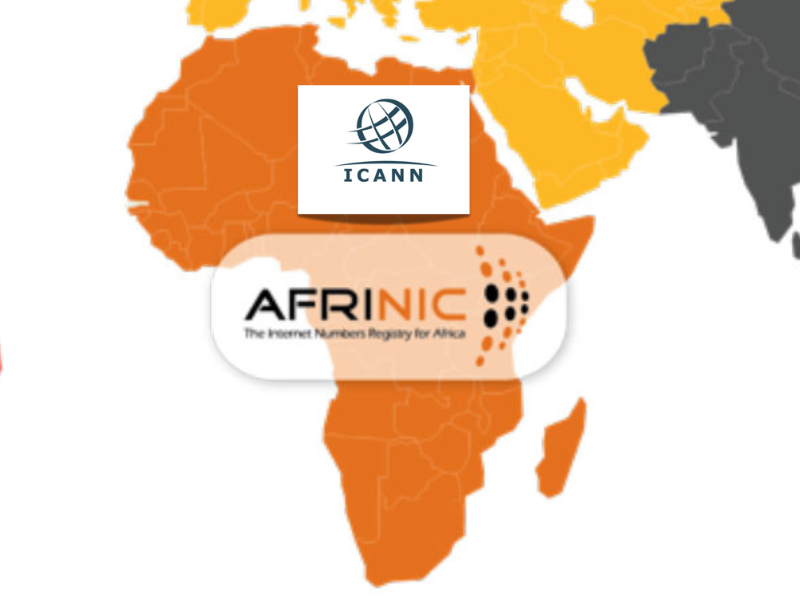- ICANN attempted to interfere in the AFRINIC election despite Mauritian court rulings establishing it had no legal standing.
- Stakeholders raised concerns over global interference in regional Internet governance
ICANN challenges AFRINIC election despite court rejection
In June 2025, just before the most important elections in the registry’s history, ICANN asked Mauritius’s highest court to reorder AFRINICs voting process. That request would have delayed the much-needed elections yet again, and followed the judge’s decision to place AFRINIC under receivership.
ICANN’s move was to claim the existing election committee was biased, requiring an entirely new team and a clarifying message to members. But when the court refused and pointed out that ICANN lacked a ‘locus standi’ – meaning it had little relevance to the issues it was raising – it was reaffirmed that the receiver held exclusive control of the election process. Under Mauritian law, ICANN’s challenge simply fell away.
And still, even after that definitive ruling, ICANN continued to press its concerns, giving rise to serious questions about ICANN’s, and its new CEO Kurt Lindqvist’s, interest in the African internet registry. On 26 June, it issued an open letter to the community criticising AFRINIC’s upcoming election processes and pointed to several flaws. It warned that the registry was at risk of being reviewed for compliance with the requiremwents of a Regional Internet Regostry, something only done for the most serious infractions.
The questions remained: why was ICANN so interested in AFRINIC’s election when the Supreme Court of Mauritious had already declared ICANN an irrelevant observer?
Notably, this public warning came just days after the court had rejected ICANN’s request. As a result, the timing drew sharp attention from the wider Internet governance network. For many observers, the letter felt like a veiled threat. In the end, ICANN’s actions appeared to stretch its mandate beyond widely accepted limits.
Also read: The story of AFRINIC: How Africa’s internet ideal was destroyed from within
Also read: AFRINIC staff violated obligations during 2025 election
ICANN’s intervention fuels confusion over AFRINIC authority
The letter raised doubts about how clear AFRINICs recent election really was. ICANN then connected those doubts to the registry’s wider situation. That linking gave the impression, though, that every governance problem was on the table. Still, no contract now in force grants ICANN the power to suspend any registry. There is also no established policy that plainly gives it that authority. Without such grounding, its wider warnings startled observers. Some even labelled the move a soft power play. They argued that ICANN was leaning on its global reach to apply pressure. By doing so, they insisted, it bypassed both local law and regional dispute channels. AFRINIC clearly faces serious troubles, yet any fix should respect lawful steps. Instead, ICANNs outsider gesture only thickened the clouds, leaving many people more anxious than informed.
Prior to that statement, the AFRINIC court-appointed receiver had already published regular updates. Those reports outlined the coming election schedule and the methods to run it. The local court reviewed and accepted those plans as reasonable. Because the membership followed those published steps, the process appeared both orderly and transparent. ICANNs intervention, however, arrived after much of that work was done and overlooked the record. When its statement doubted a system already blessed by a judge, mixed signals reached the public. As a result, confidence in AFRINIC governance suddenly seemed vulnerable. Observers began to wonder whether courts or customers really held final authority over the regional infrastructure. Such uncertainty not only strained trust across Africa, it unsettled net stakeholders far beyond the continent.
Also read: As ICANN threatens to ‘review’ AFRINIC, an elected board is its only hope for survival
Also read: AFRINIC elections 2025: ICANN is ‘inappropriate’, ‘unreasonable’ and ‘irresponsible’
Global power tensions undermine local internet governance
Among wider stakeholders, the incident revived older concerns about centralisation of power on the Internet. Critics noted that a single actor, thousands of miles away, could still shape outcomes in regional networks. The pattern felt familiar and sparked fresh fears of digital colonialism. Heavier players often set the rules while smaller or newer groups scramble to adapt. When legal lines grow blurry, those disparities become easier to exploit. Afrinics situation illustrates why national courts, regional bodies, and transparent policy must hold firm. Respecting those borders does not weaken global coordination; it protects grassroots governance from sudden shocks. ICANN’s recent moves only deepened the tension, rather than clearing it away.
What unfolded exposed a real disconnect between worldwide Internet governance and local legal systems. ICANNs decisions felt at odds with local court rulings, harming its long-standing image as a neutral broker. That misstep pushed AFRINIC into a difficult and public spotlight nobody wanted. For a healthy Internet, users must believe in trustworthy institutions, and that belief is built when global bodies honor local authority. Clear roles, firm boundaries, and respect on both sides are the foundation.

